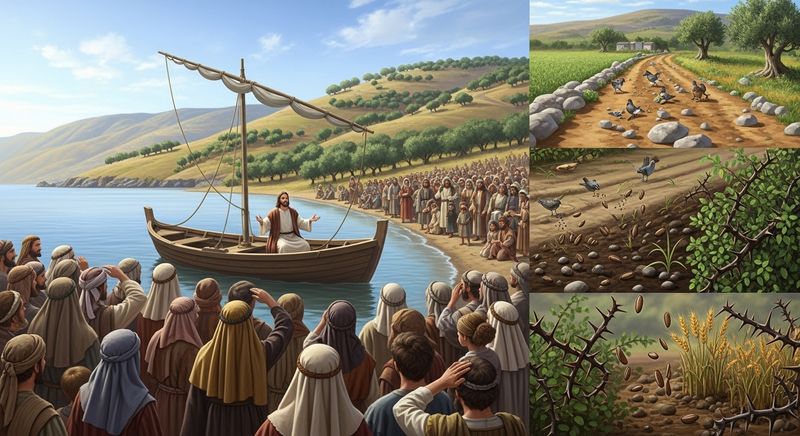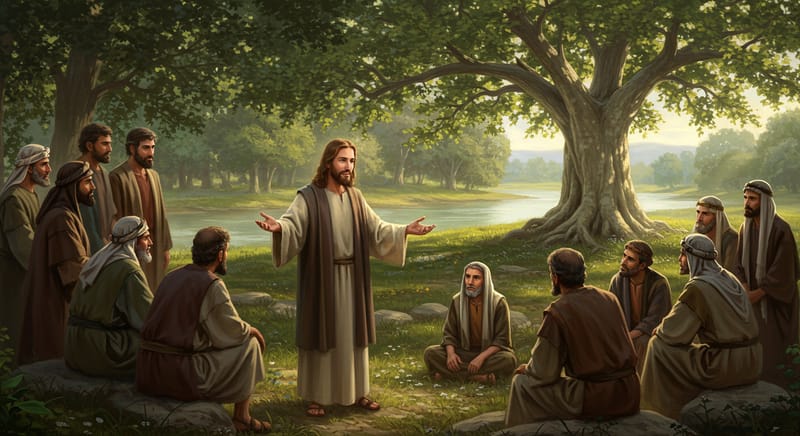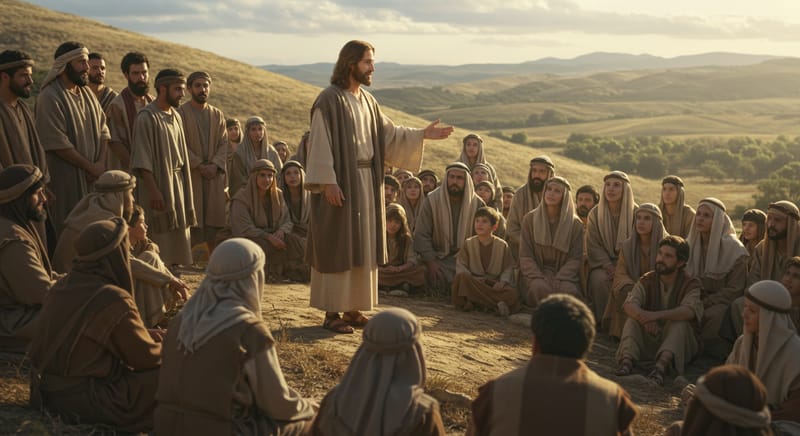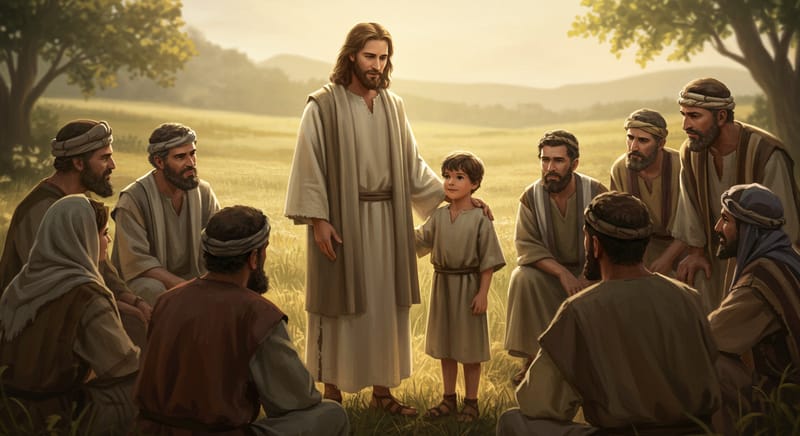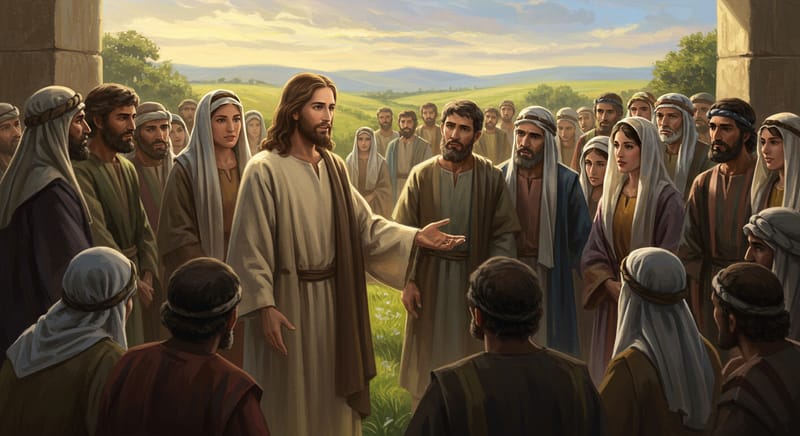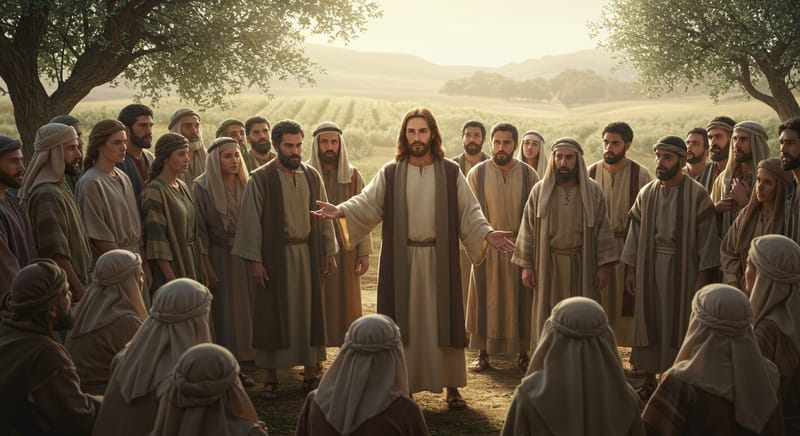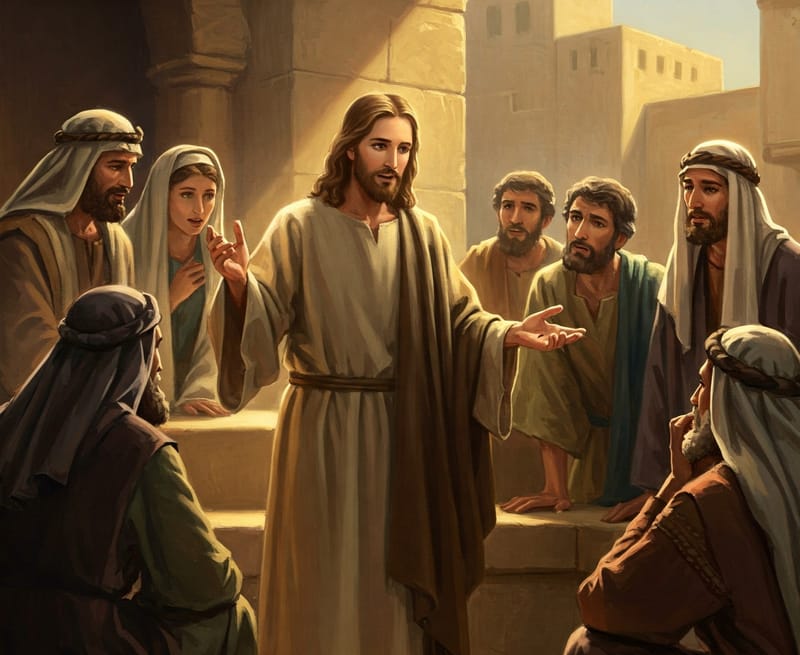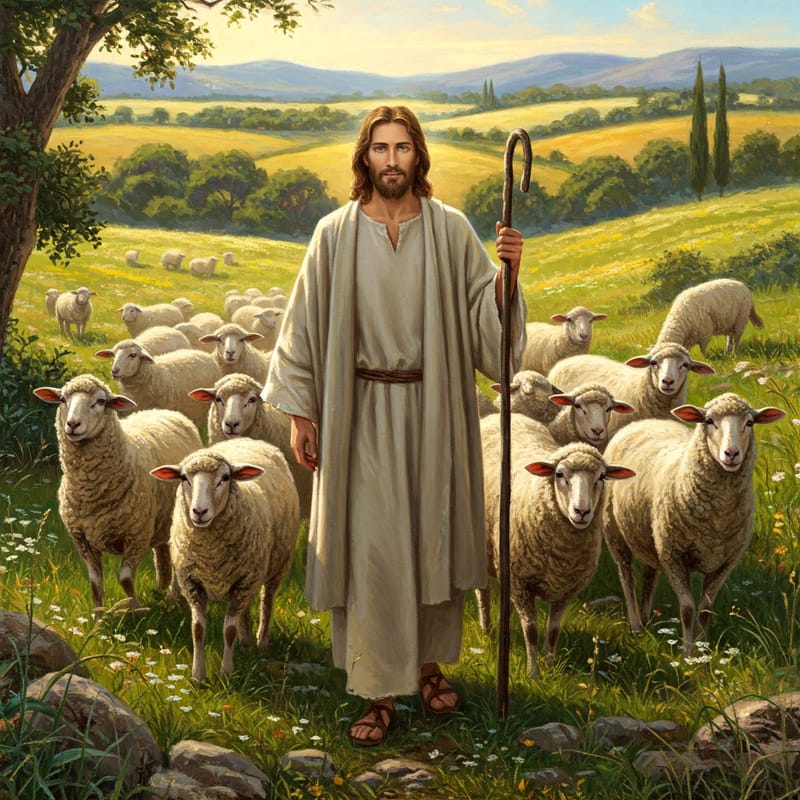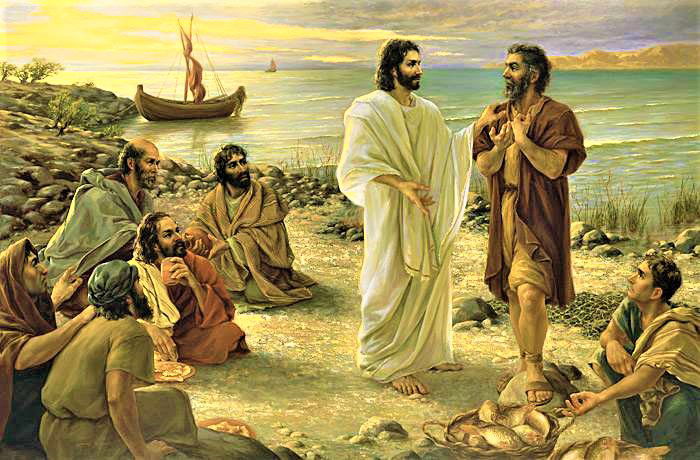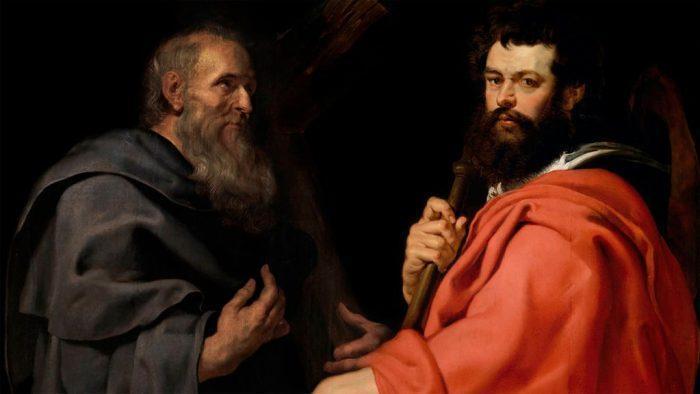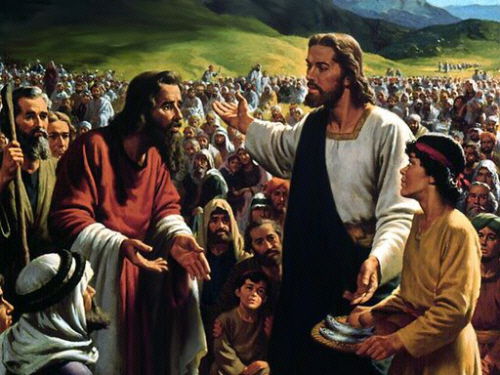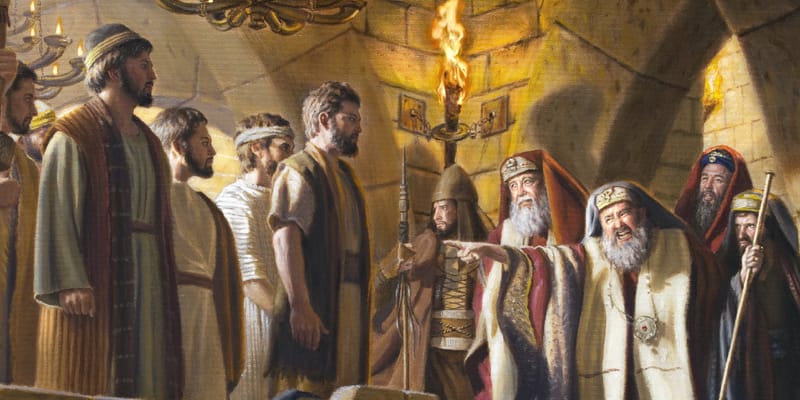DAILY HOMILIES #apostles
In today’s Gospel passage, Jesus illustrates why God’s Words do not work for some persons. The seeds sown had the potential to grow, but they needed the soil’s cooperation. Jesus did not work many miracles in his hometown because many did not believe. Instead of changing the seed, we should change the soil, that is, we must believe more.
Read MoreOne of the unique characteristics of the sycamore tree is its enormous roots, which can extend as far as sixty feet around the tree, making it an almost impossible task to uproot. Moreover, Jesus added that you could ask this tree to be planted in the sea, and it would obey you, which is another impossibility, given that a tree of that nature does not grow in the sea. In other words, Jesus is saying that with faith as little as a mustard seed, we can do the impossible.
Read MoreBe poor in spirit; do not be haughty, rude or arrogant. Be eager for salvation. Do not simply gloss over evil in the world. Do not be indifferent to the problem of immorality, indecency and corruption. Of course, fighting evil and injustice by shining your light will create more enemies than friends for you. Jesus says we should rejoice even in our sufferings for His sake.
Read MoreJesus brought a child before the disciples and said: “Unless you turn and become like children, you will never enter the kingdom of heaven. Whoever humbles himself like this child is the greatest in the kingdom of heaven.” In other words, our measure of greatness in heaven will be according to our measure of our child-like humility on earth.
Read MoreIt is one thing to call a person your friend, but a different thing for them to recognise you as their friend. God considers us His friends, but how many of us relate to God as His true friends? In other words, how many of us are faithful to God’s commandments? How many of us love others as much as God loves us? What does it mean to love one another as God has loved us? It means that we pour ourselves out for the good of our fellow brothers and sisters. To love like God is to be a Prodigal Father ready to forgive as many as seventy-seven times seven times.
Read More“If you abide in me, and my words abide in you, ask whatever you will, and it shall be done for you. By this my Father is glorified, that you bear much fruit, and so prove to be my disciples.” (John 15:7-8). As a Christian, remember that you are a missionary. In other words, aim for productivity and fruitfulness. Beyond doing your job excellently, strive to win souls for God.
Read MoreIndeed, God can use anybody. However, like a pencil that must be sharpened to write well, we must learn to humble ourselves to become proper instruments in God’s vineyard. Let not your pride become a stumbling block for those who seek to draw close to God.
Read MoreJesus did not say, “All those who come to gather around me are my sheep.” Instead, He says: “My sheep hear my voice, and I know them and they follow me.” These three qualities distinguish the sheep of Christ: First, the sheep must hear the voice of Christ. How often do you read the Bible and meditate on it? Secondly, when Christ says “I know them,” no one can pretend to be his sheep; you are either with Christ or with another shepherd. Thirdly, Jesus says, “They follow me,” which means they behave like me. The sheep of Christ are Christ in the world.
Read MoreThe last line of today’ First Reading states: “Then they left the presence of the council rejoicing that they were counted worthy to suffer dishonour for the name.” (Acts 5:41) The early Christian Church understood completely that following Christ meant denying themselves and taking up their crosses daily. (Cf. Mat. 16:24, Mark 8:34, Luke 9:23). They succeeded largely because their love for God was not predicated on material prosperity but on the hope of eternal glory. They were willing to store treasures in heaven where moths and rust could not consume them and thieves could not break in and steal. (Cf. Matt 6:19)
Read MoreToday, we celebrate two gallant soldiers of Christ, Saints Philip and James, who fought not with guns and armoured tanks but with righteous deeds and the proclamation of the Gospel. Philip and James fought to defend the Christian Faith to their last breath, willingly offering their lives for the convictions they held dearly. Philip was born at Bethsaida and started as a disciple of John the Baptist. After the Baptist’s death, he followed Christ. James, the son of Alphaeus, is called “James the Less” to distinguish him from James, the son of Zebedee.
Read MoreAlthough Gamaliel didn’t support the apostles, his words were valid. “If this undertaking is of God, you will not be able to overthrow them because, in that case, you would be found fighting against God.” When you are doing God’s work, there will be a lot of ups and downs, moments when you will feel like throwing in the towel. In such moments, the devil would try to make you doubt God’s power; he may even make you believe that what you are doing is not God’s work. Don’t give up. Don’t listen to the devil’s lies. Jesus never promised a smooth ride. He only said that victory is certain.
Read MoreI praise the courage of Peter, who spoke on behalf of the apostles: “We must obey God rather than men. The God of our fathers raised Jesus, WHOM YOU KILLED by hanging him on a tree. God exalted him at his right hand as Leader and Saviour, to give repentance to Israel and forgiveness of sins.” (Acts 5:29-31).
Read More